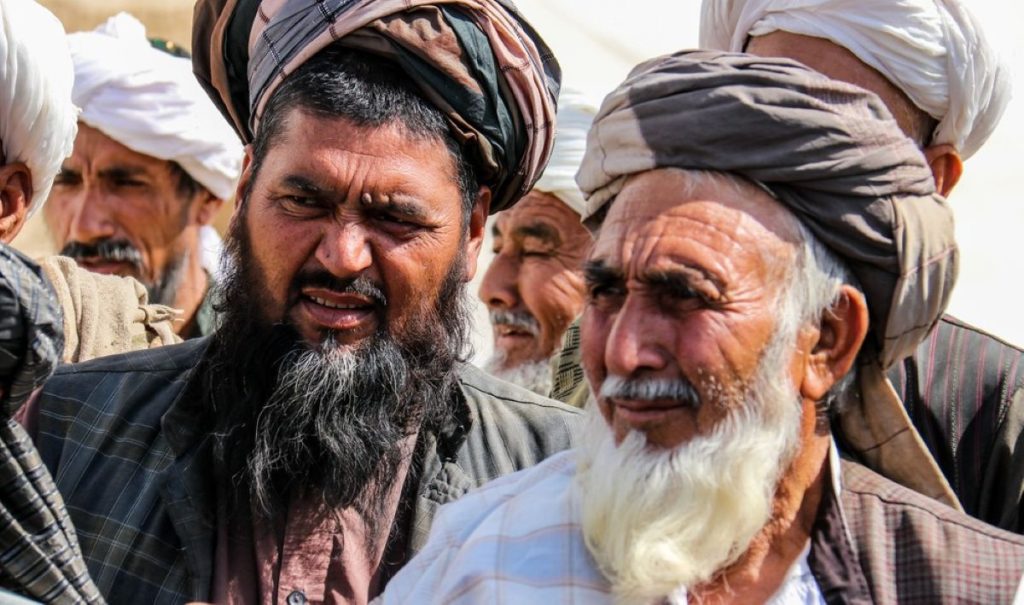Washington plans to revoke temporary protected status for thousands of Afghans living in the U.S.
Others are reading now
The complex relationship between the United States and Afghanistan has taken another unexpected turn.
As the U.S. prepares to change its refugee policy, Afghan authorities and international organizations have reacted swiftly, underscoring the human and diplomatic implications of the decision.
Taliban Open to Talks as NGOs Warn of Dangers
The Taliban government stated Tuesday that it is ready to engage in discussions with the Trump administration regarding the repatriation of thousands of Afghan refugees whose temporary protected status (TPS) in the United States will be revoked in July, according to Digi24.
The announcement followed the U.S. government’s claim that improvements in Afghanistan’s security and economy justified the decision to end TPS protection, potentially expelling over 11,000 Afghans from July 12.
Also read
Abdul Qahar Balkhi, spokesperson for Afghanistan’s Ministry of Foreign Affairs, described the U.S. decision as “a positive recognition of Afghanistan’s progress” and expressed readiness for a “constructive dialogue” on the matter.
However, NGOs raised serious concerns.
Shawn VanDiver, head of AfghanEvac and a former U.S. military officer, criticized the plan, warning that Afghanistan remains under Taliban control and that there are still “assassinations, arbitrary arrests, and human rights violations, particularly against women and ethnic minorities.”
The United Nations has also reported instances of executions and disappearances since the Taliban’s return to power in 2021.
Despite this, Balkhi claimed that Afghanistan remains a safe home for all its citizens and noted that more than 100,000 Afghans had already returned after mass deportations from Pakistan and Iran.
According to the International Organization for Migration, over 265,000 undocumented Afghans have returned from Iran between January and April 2025. These returnees face a country still crippled by economic collapse and considered by the UN to be suffering the world’s second-worst humanitarian crisis after Sudan.


